For a long, long time, AAA titles held the monopoly across the vast library of genres. This may have been in part due to the reputation of the Steam Store and Xbox Live Arcade for their heap of cash grabs, but there were other reasons as well. I mean, why gamble on something that’s smaller scale and shorter when you can get your money’s worth out of a large, AAA title? At least, that was how I felt back in my early gaming days. There were a few indie games that garnered some big interest like Castle Crashers and Super Meat Boy, but these gems were few and far between.
The Downfall of Triple-A
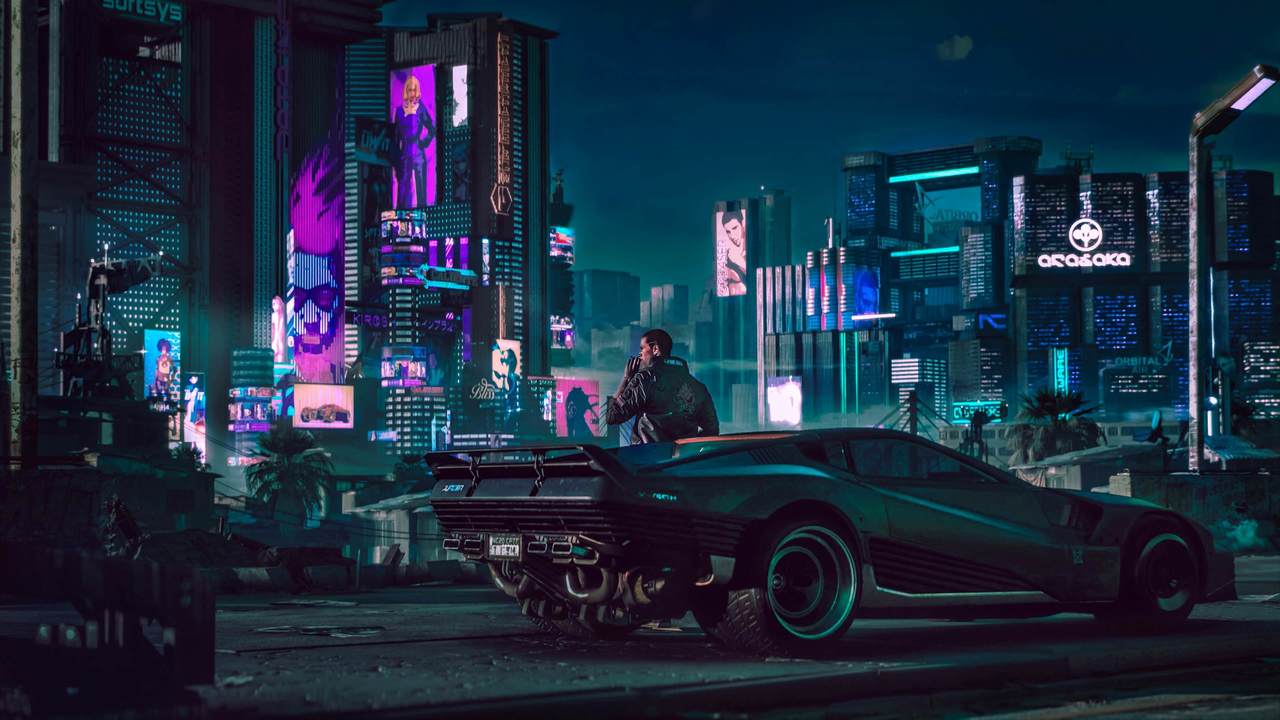
For what’s been the past few years now though, that monopoly has gradually shifted closer and closer to 50%. Gamers (including myself) have slowly been becoming more and more accustomed to the idea of indies being a formidable option for great experiences. Some would even say that they might be better and more reliable if you know where to look. So what happened? What led to this massive shift in consumer interest from AAA titles?
Well, some of the more recent AAA titles haven’t exactly garnered the greatest of reputations. I think you can take one look at Cyberpunk 2077 for example, and see that the AAA space is now becoming incredibly unreliable for providing great experiences at launch. For many AAA developers, the games industry has moved from being focused on the game to be focused on corporations and investors. Many executives of some of the most beloved companies have taken the reigns of these projects and, unsurprisingly, run them into the ground. I mean, 10 years ago you’d be able to look at companies like Bethesda and Blizzard and see passionate companies looking to create wonderful experiences for players.
Now when you think of these companies, you think of their colossal failures.
The Beautiful Rise of Indie Games
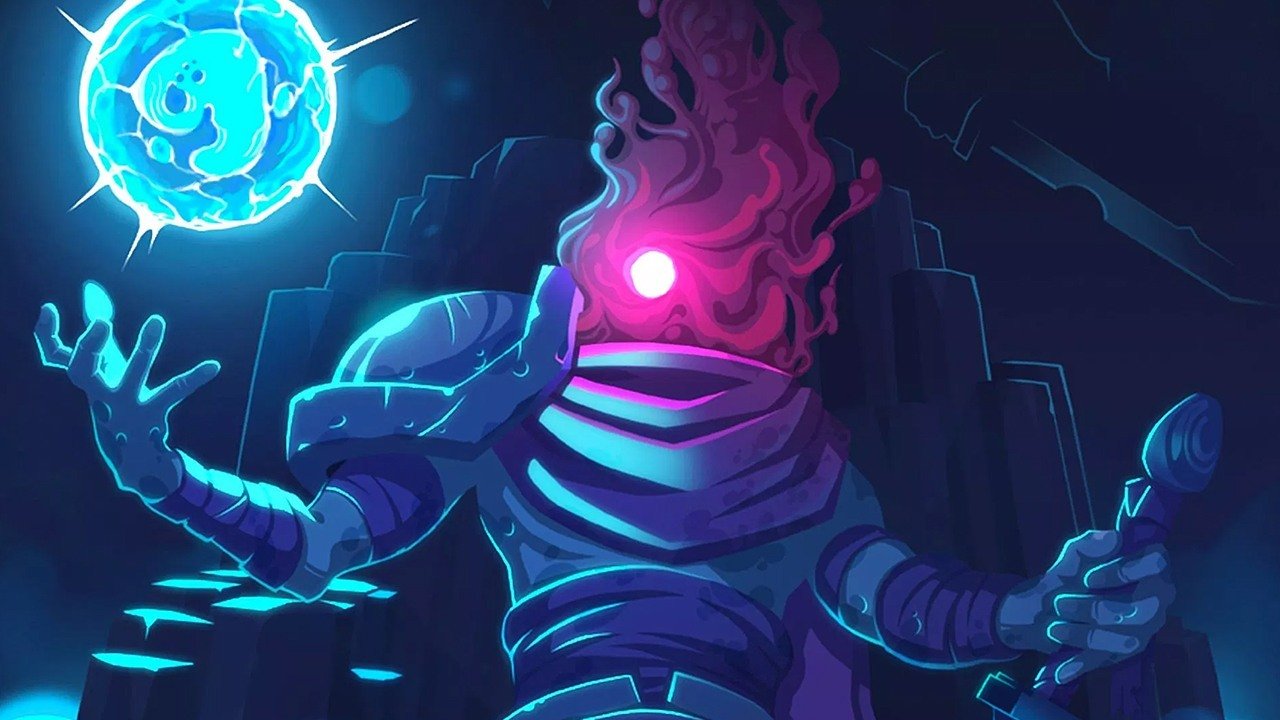
But then you look at numerous indie developers, even those that have only made one or two games, and you think of them fondly. Celeste, Fall Guys, ScourgeBringer, Dead Cells, Stardew Valley, Deep Rock Galactic. I’d go on, but I don’t think either of us want to be here all day. Realistically though, these titles are showing up everywhere now. Across the Steam Store, indie titles dominate the front page. When various console storefronts have sales, indie titles are often the first thing you think of instead of big AAA releases. The only company I’d say doesn’t apply to that is Nintendo, even if they still have a myriad of issues as a company (that’s a story for another time though). Indies are now dominating the gaming scene, and it’s a beautiful thing to see.
Not only are consumers taking part in this massive shift, but critics are as well. Many years ago, outlets covering a ton of indie games, even going as far as to put them on their game of the year lists, was virtually unheard of. Now, it’s almost all anyone talks about. That’s not to mention during The Game Awards for 2020, gaming’s equivalent to The Oscars, indies were nominated all over the place. There was even a nomination within the Game of the Year category. That may not sound like much on paper, but it’s indicative of this massive shift.
All this recognition, praise, and profit is giving a massive shift in the eyes of everyone across the games industry. We’ve had the potential to see more stunning indie games, with a larger scale and much deeper intricacy across the board. And the industry is taking complete advantage of this shift. This may seem like the obvious one to mention, but Hades is a great example of the new potential thanks to the recognition from even mainstream gamers these days. It offers quality well beyond that of some AAA titles, which makes it well deserving of its place in the nominations.
The Depressing Reality of Large Game Companies
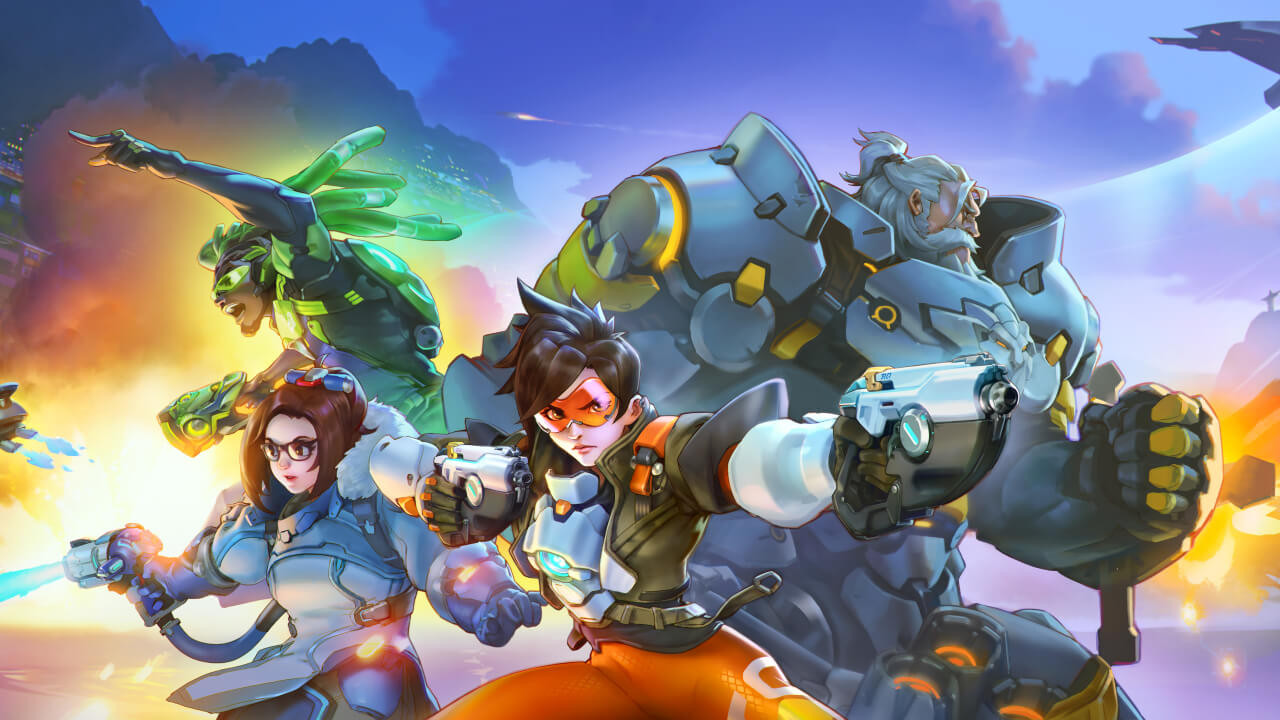
Where does this leave AAA titles now? Funny enough, it seems they’re right where the indie scene started out. More and more titles are proving to be cash grabs, with no end in sight to the terrible things these companies are willing to pull. EA is still trying to scam its users more and more, Ubisoft is trying to squeeze every dollar out of single-player gamers, and even Blizzard still has yet to refresh its live-service titles anywhere near enough (i.e. Overwatch’s current state). They all have the potential to make good experiences, but they choose to instead exploit those who remember the good old days in order to continue profiting. The saddest part of all is they still hold a larger space in gaming than indie titles themselves.
And the hardest ones hit are often the ones who develop these games, rather than those who truly profit.
We’ve all heard the horror stories out of various AAA titles, crunching their developers in an effort to score a quick paycheck just a bit faster. It’s horrifying and to the point of needing unions just to ensure fair working conditions. Indie titles are often not hit by this sort of thing since they’re generally run in tight-knit groups. They’re also often made up of former developers who know that pain, and thus know to treat their developers like humans. That sounds harsh, but it’s the sad reality of many AAA studios these days.
Despite that, I’d rather not end this off on a bad note. AAA studios and games may be increasingly problematic, but we can enjoy the fact that indie titles are here to stay and compete with bigger budget releases. Those who treat their workers fairly and still come out with some of the most in-depth, beautiful, and emotional titles deserve immense praise since that’s no small feat. The more we see that (and we truly are seeing more of it), the better. We’re truly living in the golden age for indie gaming, and I can’t wait to see what these teams cook up next.
Now if you’ll excuse me, I’ll be over here waiting on the next game from Celeste’s developer.


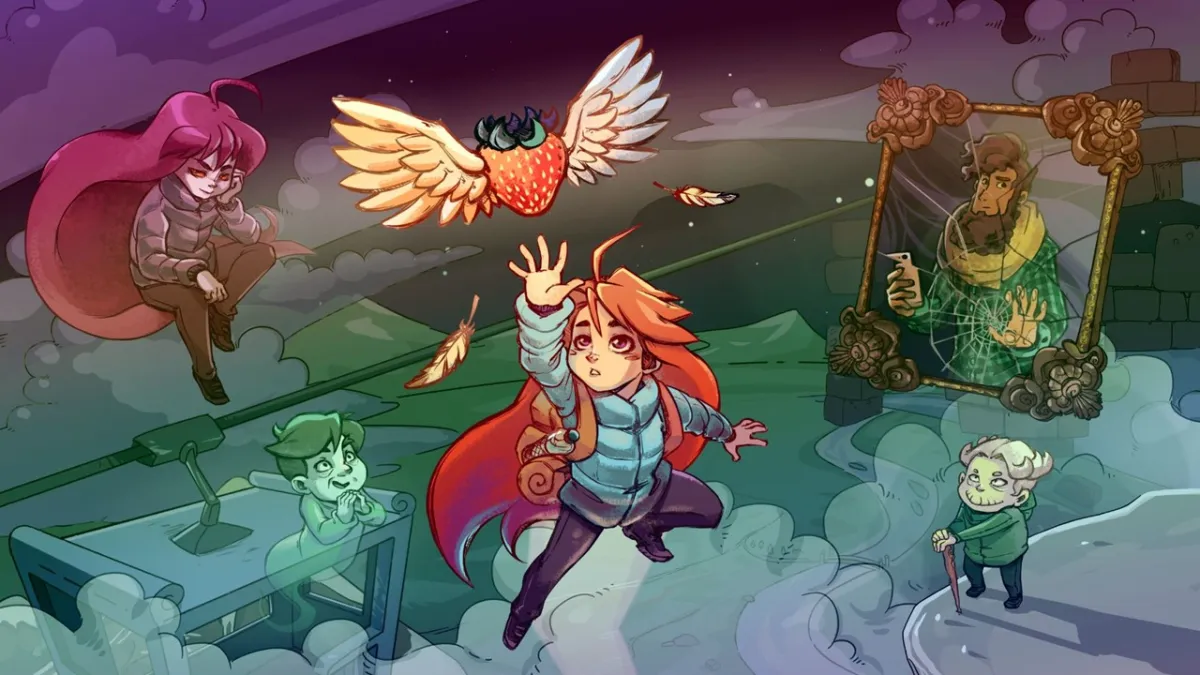
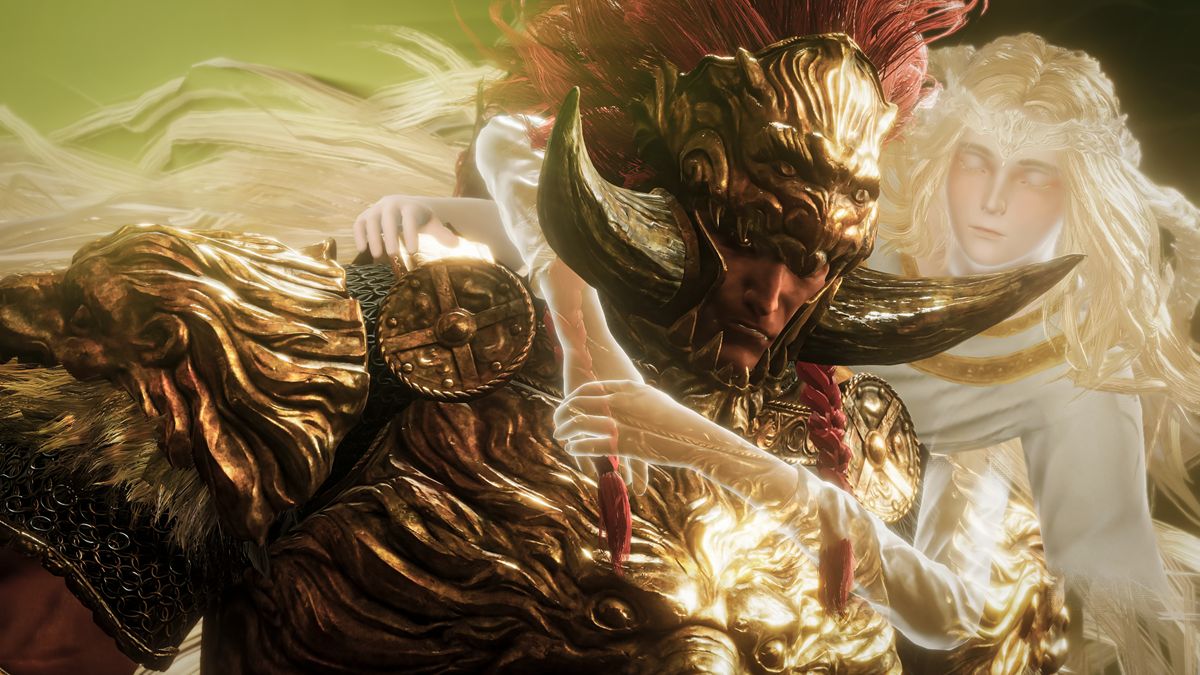
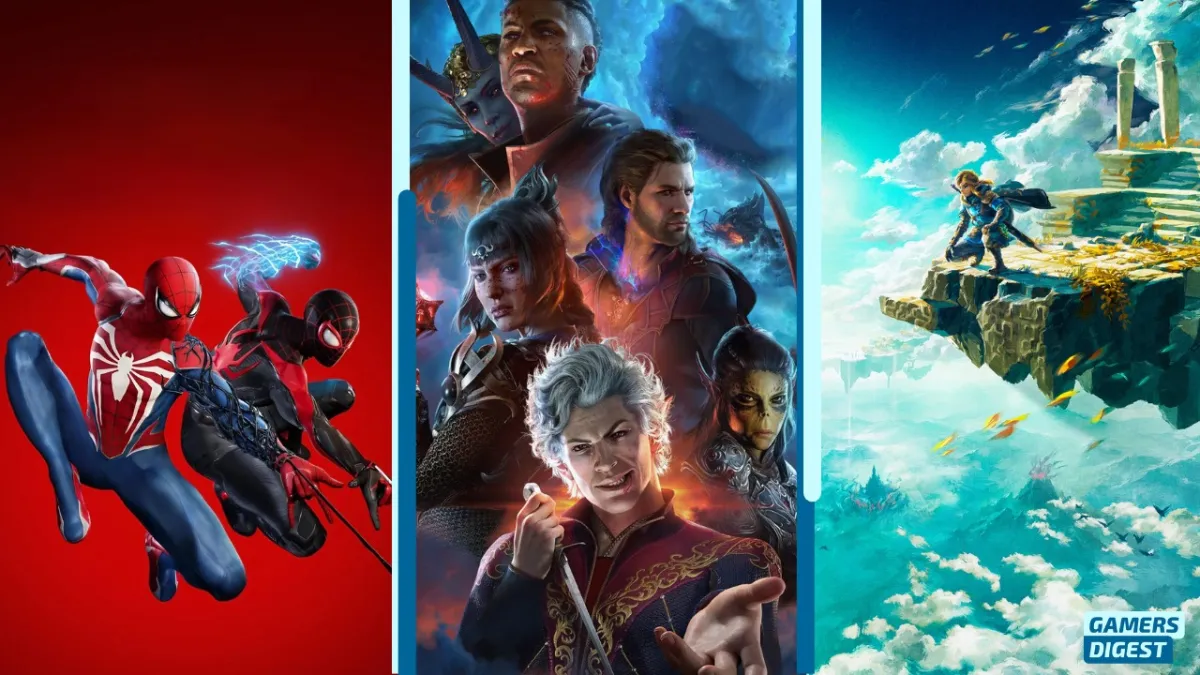
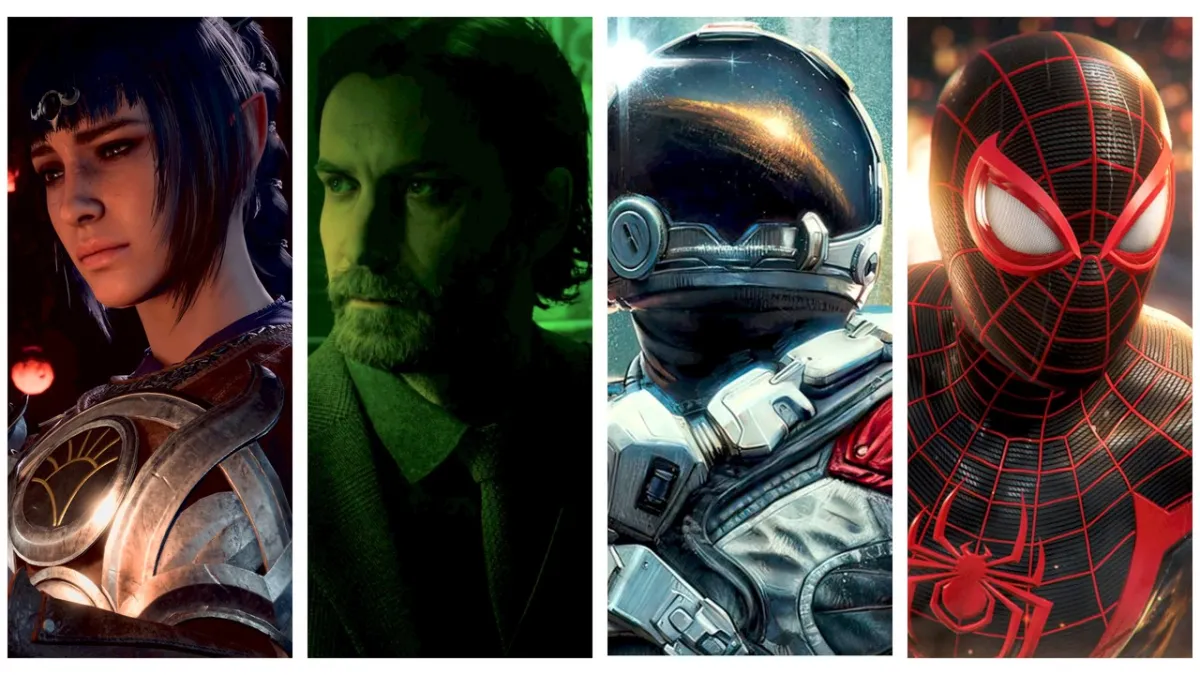
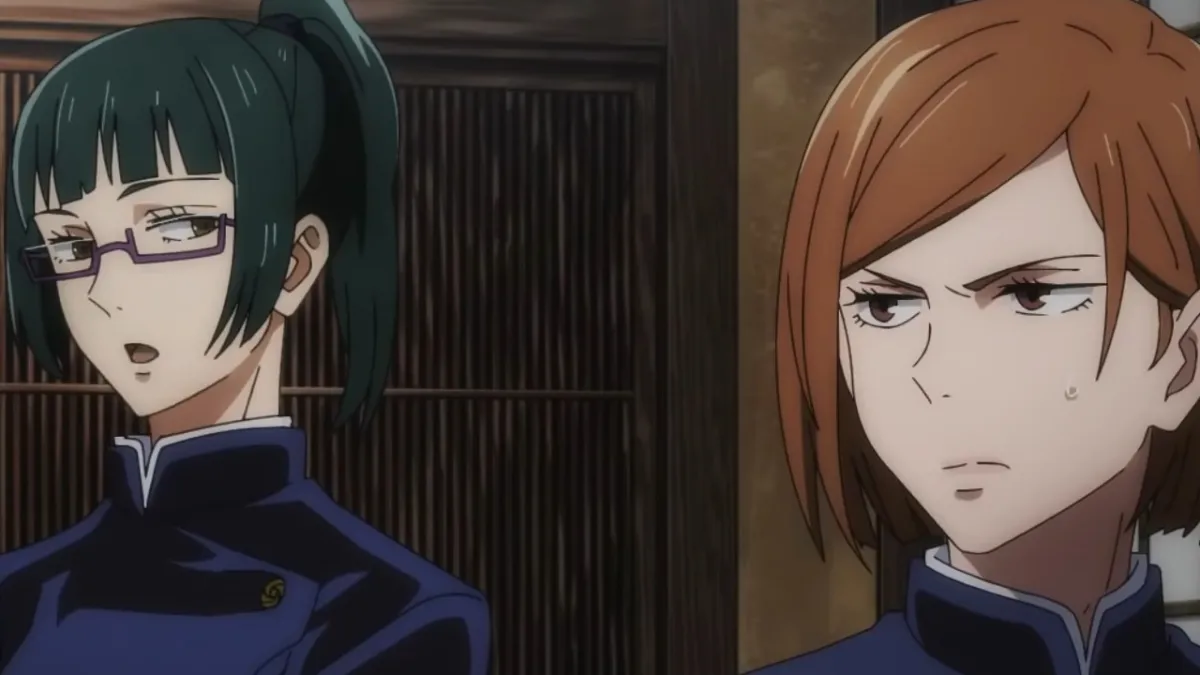
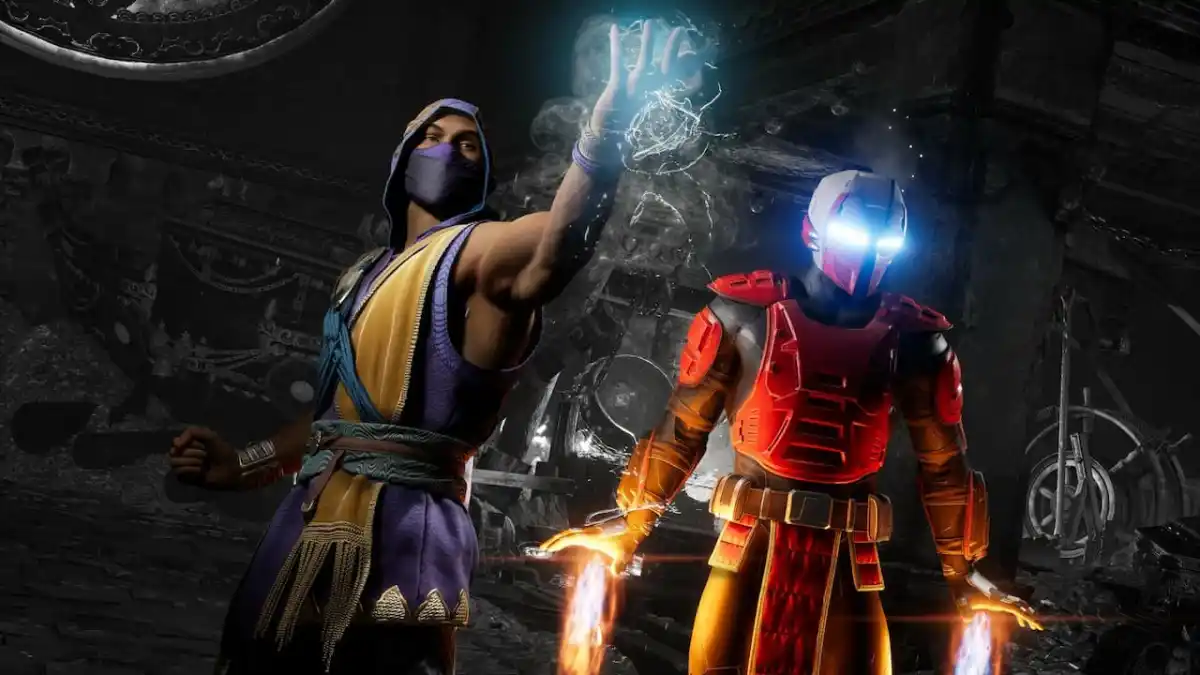
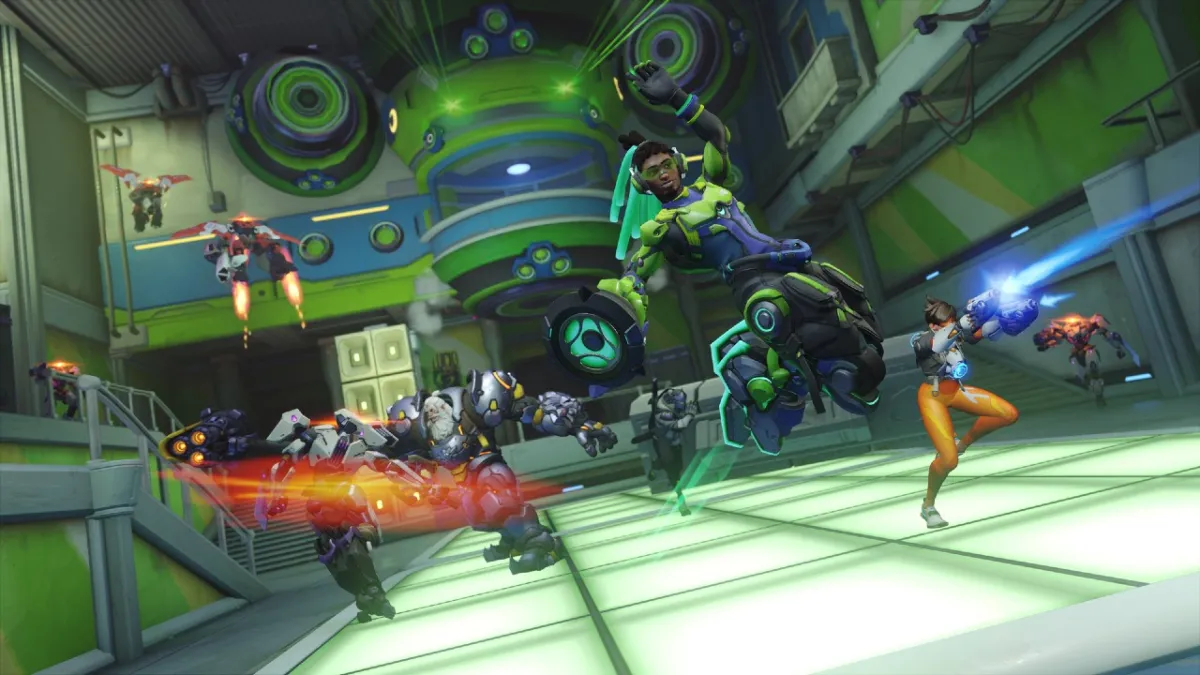

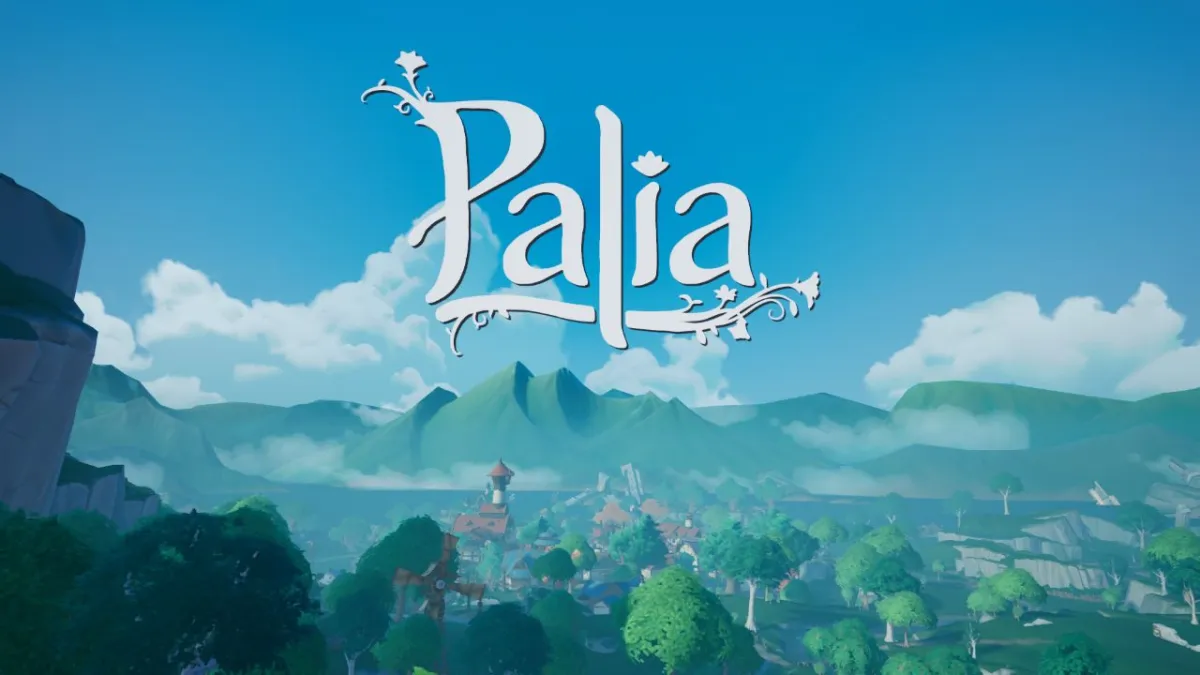
Published: Jan 18, 2021 05:45 pm